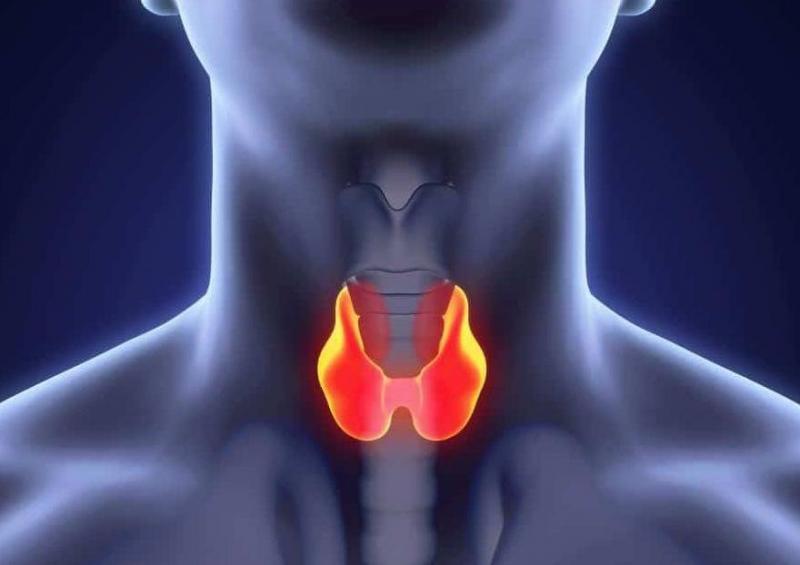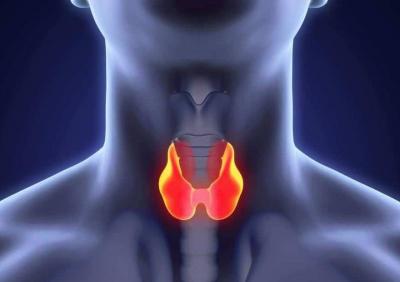Some people suffer from dysfunction of the thyroid gland, which affects many body functions. Does fasting impact the function of this gland? Some medical studies indicate that fasting may have a slight effect on reducing thyroid hormones in the body. Health experts believe that fasting for long hours causes the body to lose energy, resulting in decreased thyroid levels as the body tries to lower metabolic processes to conserve energy.
For patients with hypothyroidism, some studies have shown that levels of thyroid hormones (T3 and T4) and thyroid-stimulating hormone (TSH) drop to the minimum normal level during fasting, while other studies indicated that T4 levels decrease but the other two hormones remain within normal ranges. As a result of potential changes in these hormones during fasting, health experts recommend taking hypothyroidism medications about half an hour to an hour before breaking the fast and on an empty stomach, as the absorption of the medications interferes with food.
Regarding those suffering from hyperthyroidism, some studies suggest that individuals with mild to moderate cases can fast after consulting with a specialist. However, those experiencing severe symptoms may be at risk for dehydration, diarrhea, and heart rhythm disturbances, and should consult a doctor before fasting. Doctors and health experts emphasize the importance of consulting a specialist before fasting or altering dietary habits for those with thyroid issues and not changing medication timings without consulting a physician.




